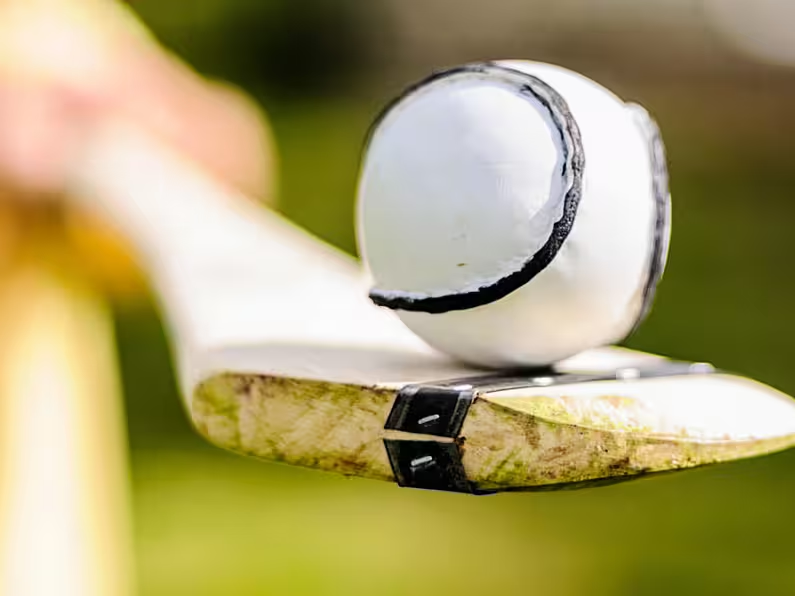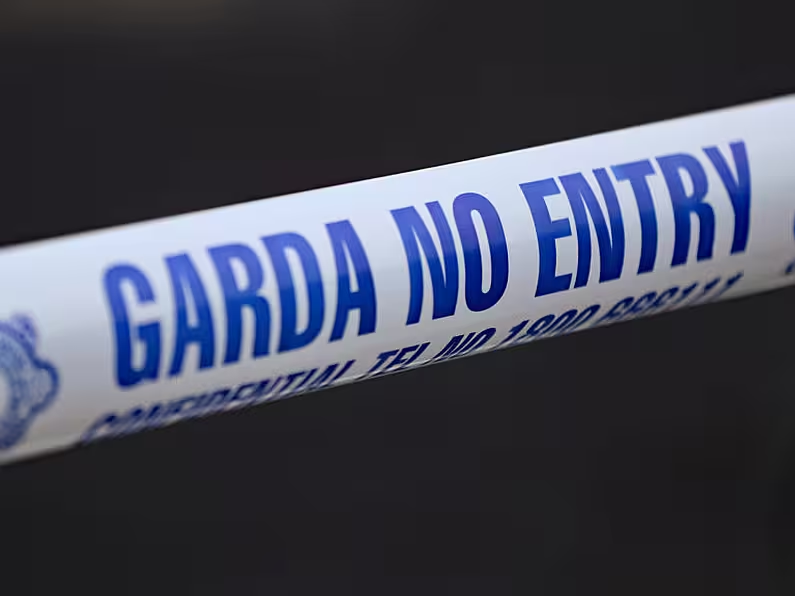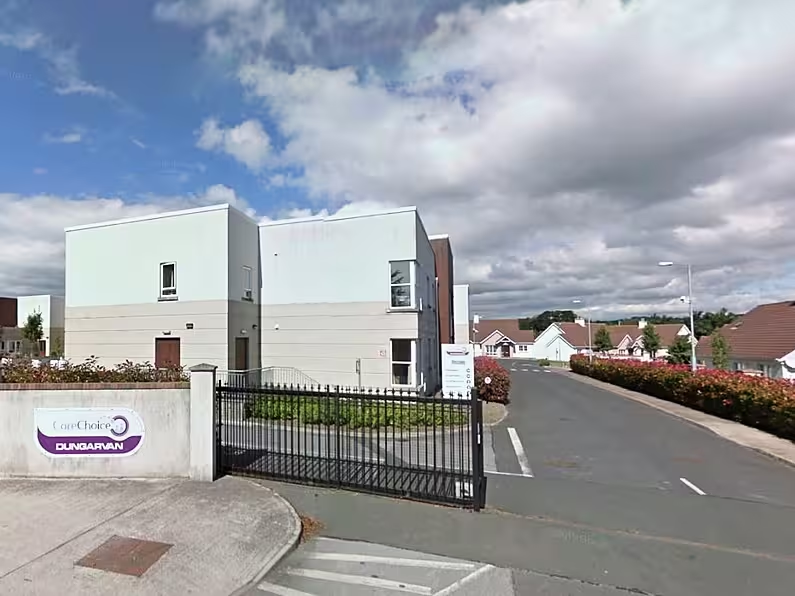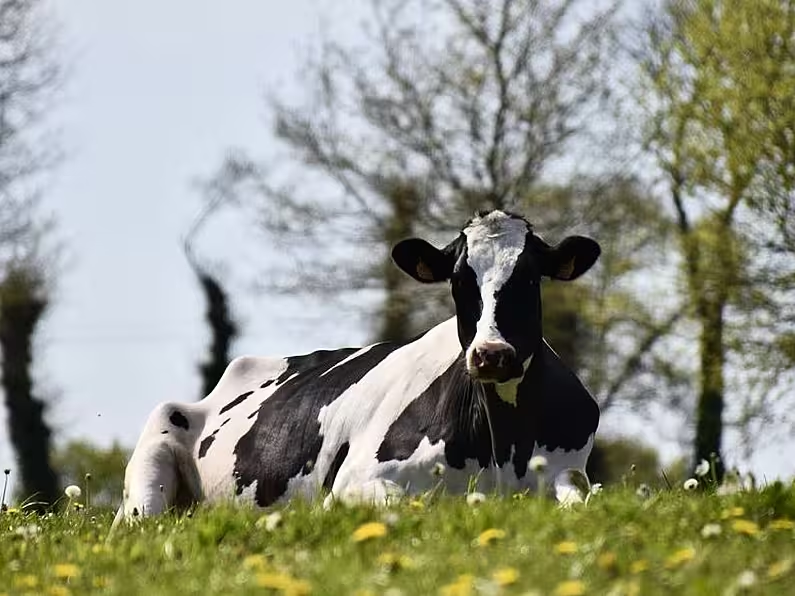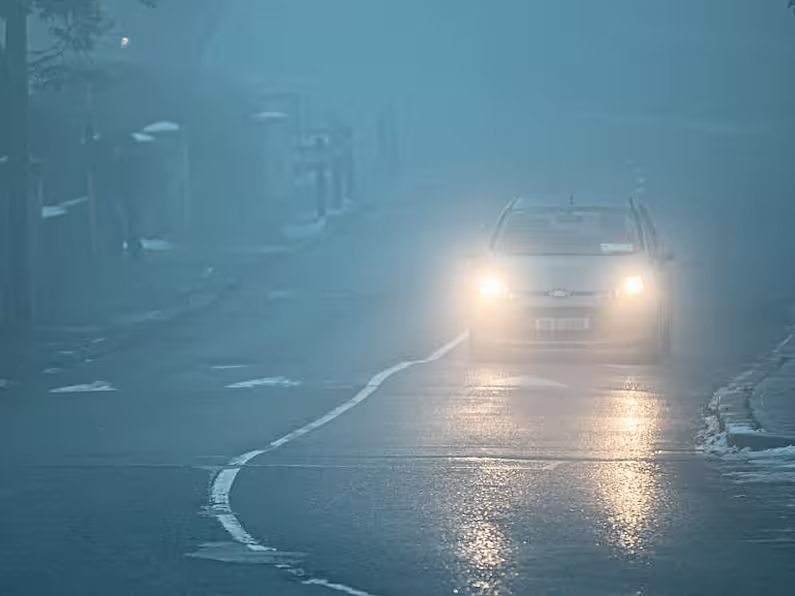Eoin Reynolds
Ashling Murphy died from 12 stab wounds to the neck and suffered injuries to her hands that may have been caused when she tried to protect herself and caught her fingers on the edge of the blade, a pathologist has told the Central Criminal Court.
State pathologist Dr Sally Anne Collis detailed 12 sharp force wounds to the right side of Ms Murphy's neck. She told prosecuting counsel Anne-Marie Lawlor SC that the injuries went from under the right ear to just above the collar bone.
There were further abrasions and bruising on Ms Murphy's body and limbs which, she said, may have been caused by contact with the undergrowth by the edge of the canal footpath where she was found.
One stab wound went through Ms Murphy's voice box, she said, causing damage to the nerves on either side that help to move the voice box when speaking or swallowing. Dr Collis said she did not think Ms Murphy would have been able to speak "or at least make an intelligible sound".
There was also damage to Ms Murphy's carotid artery and jugular vein associated with the knife wounds. The resulting blood loss and inhalation of blood led to a loss of blood pressure and cardio-respiratory arrest, Dr Collis said.
"The body has just lost so much blood it can't continue to perform its functions," she explained.
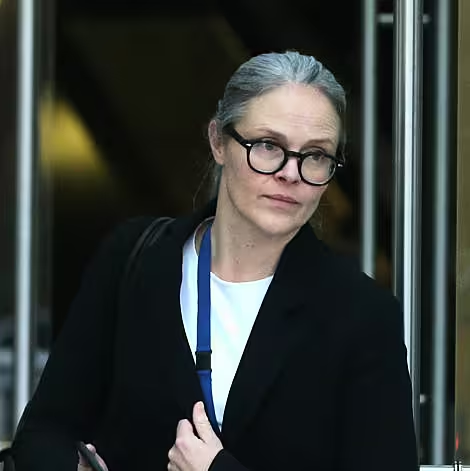
The pathologist also noted small injuries to Ms Murphy's hands which "were potentially defensive in nature where she held up her hands to try and protect herself and her fingers have caught the edge of the blade".
Death, she said, was due to stab wounds to the neck with no contributory factors.
Under cross-examination, Dr Collis told defence counsel Michael Bowman SC that she could not exclude strangulation, but added there were no obvious signs of it.
She agreed with Mr Bowman that a right-handed person is more likely to strike someone on the left side if they are facing one another. She also agreed that a left-handed person is "more naturally inclined to strike towards the right of the body".
Under re-examination, Dr Collis agreed with Ms Lawlor that it would be "speculation" to say which way a person was positioned based on the location of their injuries.
"It's a dynamic process," the witness explained. "Her head could be to the side exposing the right side or an individual could be coming from the right side."
Jozef Puska (33), with an address at Lynally Grove, Mucklagh, Co Offaly, has pleaded not guilty to murdering Ms Murphy at Cappincur, Tullamore, Co Offaly on January 12th, 2022.
Earlier on Thursday, Gda Tom Dunne told Ms Lawlor that he arrived at the scene in a patrol car shortly after a distressed call from a member of the public.
He said he was directed to an area of footpath along the canal and when he got there he saw a body about five or six feet into the ditch down the side of a steep slope.
Ms Murphy lay face up and was wearing a navy jacket, zipped up to her neck. A pair of blue runners and a pink woolly hat lay close to the body. There was a lot of blood in her hair and on the surrounding briars, Gda Dunne said.
He undid her jacket and began doing CPR and chest compressions. Having checked for a pulse, he said if he could hear one it was "very faint".
There was only room on the bank for one garda at a time, so he took it in turns with a colleague to do chest compressions for about 10 minutes.
No sign of life
When paramedics arrived, they took the decision to move Ms Murphy to the walkway but when they found no signs of life they decided to stop efforts at resuscitation, the garda said.
Det Gda David Scahill told Ms Lawlor that he arrived soon after Gda Dunne. He met witness Jenna Stack near the scene. and she pointed to where she said she had seen a man and woman in the hedgerow by the canal.
Gda Scahill drove down in his garda car and arrived at the scene at about 3.45pm. He saw Gda Dunne and Gda Shane Hunter about six feet into the thick hedge, surrounded by brambles and thorn bushes.
Gda Dunne was kneeling down giving CPR to a woman lying in the undergrowth. Gda Dunne told Gda Scahill that he might have felt a "faint pulse" but was not sure. "They were doing the best they could do," Gda Scahill said.
When paramedics arrived they decided to bring Ms Murphy up to the path and continue CPR.
Gda Scahill said: "When we were bringing Ashling up out of the ditch, there was an awful lot of blood. Her hair was very matted with blood and her mouth was wide open. I could see there were cuts on her neck, a slice on her neck.
She was wearing the tracksuit top of a local GAA club and leggings but no shoes, he said, adding that in the hedge he saw a pair of blue runners, a hat with a pink bobble, and on the edge of the path was a pair of sunglasses.
Soon afterwards, paramedics decided to stop resuscitation attempts.
Gda Scahill said: "Her body was limp at that stage. I recall looking at Ashling, her mouth was just wide open and she had a necklace on her that said, 'Ashling'."
Gda Scahill became aware of a description of the man that Jenna Stack said she had seen "on top of" Ms Murphy in the undergrowth.
The man had sallow skin, brown eyes, thick bushy eyebrows, facial hair and was "kind of bald to the front of his head".
Under cross-examination, Det Gda Scahill told Mr Bowman he was aware that one of his colleagues believed he recognised the description and within two hours a man was arrested.
Gda Andrew Dolan told Mr Bowman that when he heard the description given by Ms Stack, he "thought of a person who may be of interest" and told one of his colleagues to go to a house to speak to a certain individual.
Gda Dolan said he was aware that the individual was arrested by one of his colleagues. The trial has heard that the individual arrested at that time was not the accused man, Jozef Puska.
The trial is continuing in front of Mr Justice Tony Hunt and a jury of three women and nine men.





